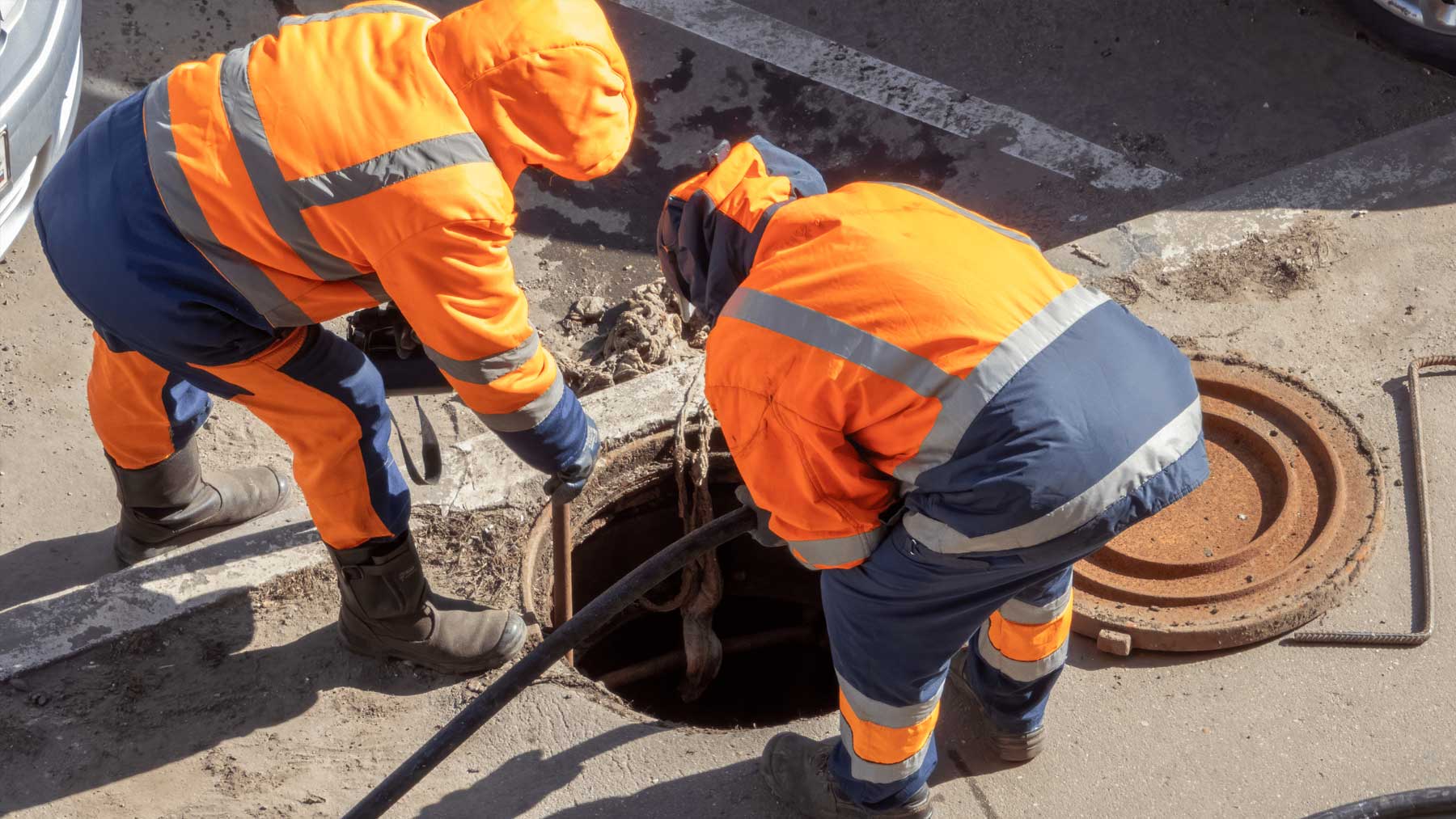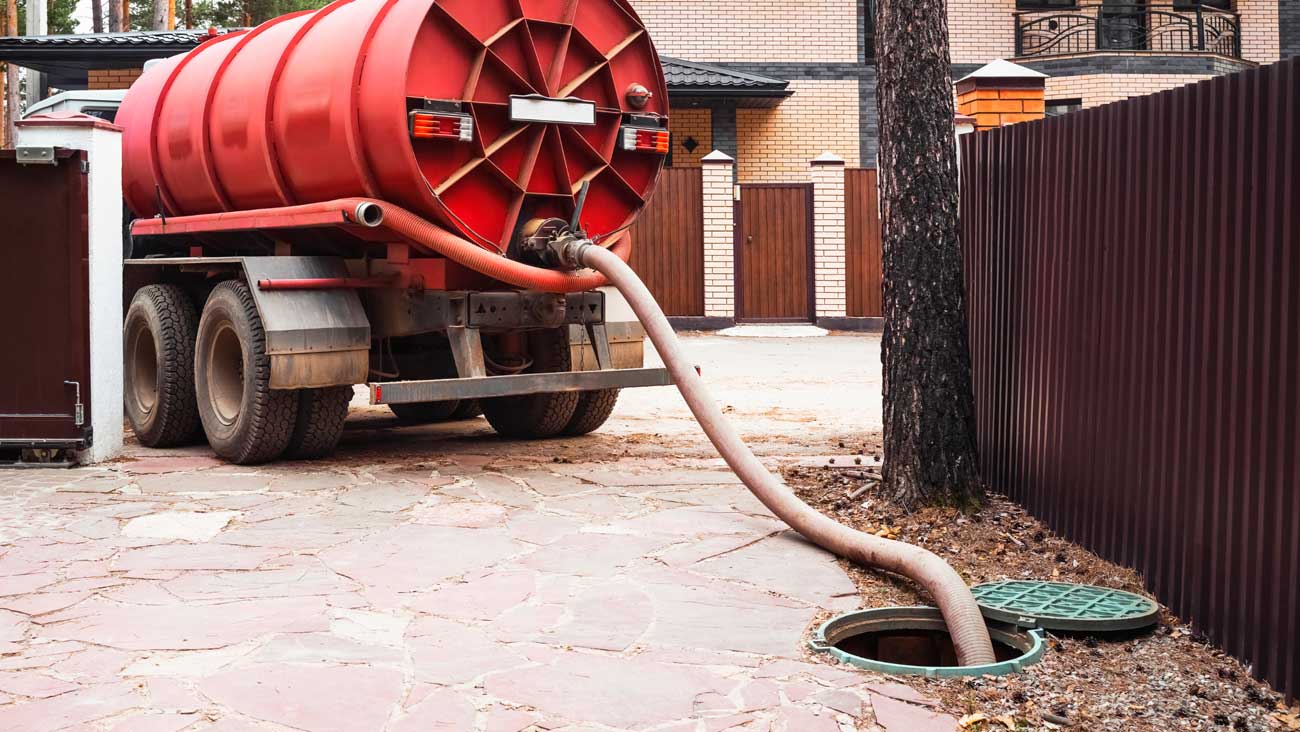What is FOG and how can you keep it out of our sewers?
Wednesday 28th November 2024

FOG – which stands for fats, oils and grease – is a major issue for sewers and wastewater systems in the UK. It’s caused by pouring common cooking ingredients such as butter, lard, vegetable oil, and meat fats down the sink instead of disposing of them in the correct way. Instead of washing away, as perhaps we assume, it simply cools and solidifies inside pipes. As FOG builds up over time, it leads to blockages, which can then lead to costly repairs.
Here’s a closer look at FOG and what businesses can do to help keep it out of our sewers.
Why is FOG a problem?
When FOG builds up, it blocks the flow of wastewater, leading to backups, flooding and pollution. For businesses, especially those in food services, this results in an increased risk of operational downtime and costly repairs. There are also significant environmental impacts when untreated wastewater spills into local rivers and coastlines, causing harm to wildlife and habitats.
In extreme cases, FOG can create "fatbergs", which are massive blockages that are difficult and costly to remove, threatening homes, businesses and our environment.p>

How to keep FOG out of the sewer system
Whether you're running a café, restaurant, food manufacturing facility or any business that involves the disposing of food, here are some effective practices:
- Dispose of fats, oils, and grease properly
The most important one: never ever pour cooking oil, meat fat or grease down the sink; this is crucial. Instead, let these substances cool, pour them into a container, and throw the container in the bin once it’s full. Businesses should provide clear instructions to staff on how to handle FOG waste and ensure they are following through with these practices routinely. - Scrape plates before washing
For restaurants, cafes, or any types of businesses where food is consumed, scraping plates into the bin before washing them helps reduce the amount of FOG entering the drains. This small step makes a huge difference over time. - Use sink strainers
Sink strainers are a cost-effective tool that can catch food particles and grease before they make their way into the drains. They’re especially useful in busy kitchens, as they help prevent FOG build up and reduce the risk of clogs forming in pipes. - Invest in a grease trap
For businesses in the food industry, installing a grease trap is essential. Also known as grease interceptors, grease traps are plumbing devices used to intercept most greases and solids before they enter a wastewater disposal system, separating them from water. They must be regularly maintained and cleaned to ensure they work effectively and prevent overflow. - Staff awareness and training
In any setting where there are multiple people involved, make sure everyone has a clear understanding of the importance of keeping FOG out of the drains and the risks involved by not adhering to preventative measures. Simple reminders about the impact of FOG can go a long way towards keeping sewers clear.
The big picture: everyone’s responsibility
Keeping FOG out of the sewers is a shared responsibility, and each person and business needs to play their part. Each small action contributes to a larger positive impact by keeping harmful substances out of natural water sources.
By taking these simple steps, businesses can play a part in maintaining our wastewater system. By being proactive and recruiting backing from staff, you not only avoid disruptions and costly repairs, but also contribute to cleaner rivers and shorelines.
Get in touch with Everflow today
Looking to compare business water suppliers? Find out why it’s time to switch and save with Everflow now.